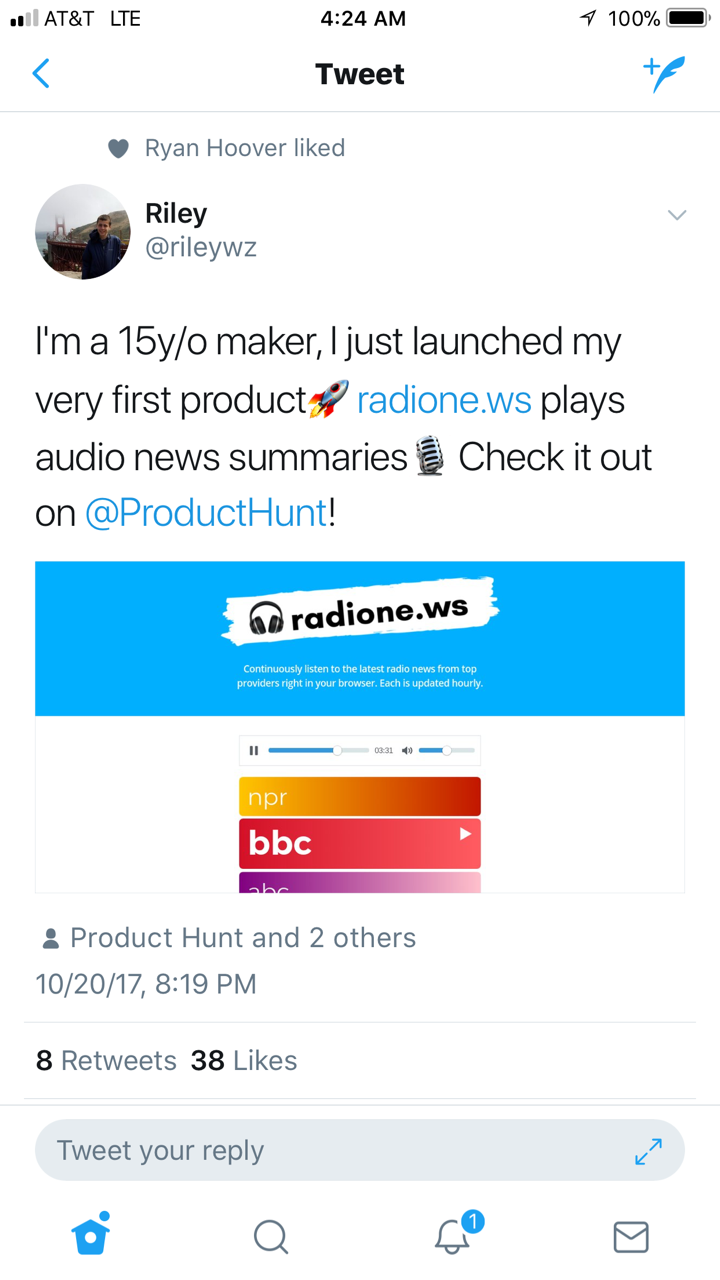Should small business be wary of new internet domains?
Let the latest Internet fun begin: Here’s to the latest land grab of new internet domains!
There has been much talk and hype centered on how the new internet domains, technically known as generic top-level domains (gTLDs), will impact the current 22 domains that have been known by most since the mid 90’s.
Afterall, internet users have become quite accustom to typing .com on the end of everything as it relates to the Internet.
Most people that know anything about domains question whether the new internet domains will cause .com to lose or gain in its luster, value and dominance.
From the existing .com to .net to .org to .me domains and on, the latest batch of new internet domains to be rolled out is somewhere near 1400 hundred new .whatevers.
I say or reference the new internet domains as .whatevers, because there will be a wide range of options for individuals, professionals and businesses entering into the internet space going forward.
No longer does a business have to depend on being the first to stake claim to .com domain either taken by a competitor or common person. If you’re a plumber, there will be .plumbing. If you’re a lawyer, there will be .lawyer. If you are a tattoo artist, there will be .tattoo. If you a shop of any sort, there will be .shop and the list goes on.
No matter what you feel nor how you feel about .com addresses, the new internet domains are yet another option for many people to bring their businesses online.
Which this brings us to the ask the question of whether or not existing businesses, as well as new small businesses, should be wary of new internet domains?
Reading CNBC’s latest article, New Internet domains are coming, and small biz needs to be wary, written by technical reporter, Cadie Thompson, she covers the new internet domains set to launch this year and why small businesses need to be wary.
Thompson’s article discusses in depth about how small businesses can’t necessarily afford legal counsel to represent them should a cybersquatter register their business name. Of course, larger companies can and will hire legal counsel or legal consultants to handle their trademark infringement domain registrations by cybersquatters.
Personally, I believe Thompson’s article is yet another example of uninformed doom and gloom. In my humble opinion, the article is based on uninformed fear and really doesn’t have much to stand on in terms of credibility other than being published on and by CNBC.com.
Using fear as a tactic, Thompson mentions cybersquatters and cyber criminals buying up the new internet real estate and using the new internet domains to pose as a small business. One distinction I would like to make about the article is Thompson’s use and definition of cybersquatters.
In general, I wish more people would understand that the public is open to register any and every generic domain that is available for registration and does not infringe upon any sort of trademark.
People that register generic domains are considered domain investors, also known as domainers, and not cybersquatters.
Cybersquatters are individuals that register domain names that are clearly in violation of trademarks and registered marks. Now, that’s off my chest, I’m onto the next statement.
If Thompson wanted to really add value to whether or not small businesses should defensive register new internet domains, I think the article should have mentioned the costs of registering and not registering new internet domains for small business, domain investors and cybersquatters.
Just because new internet domains are being introduced to the general public does not mean that the new extensions are going to be affordable to register and renew. Currently, registrations prices for new domains are ranging anywhere from $19.99 on up to $4,500 per year.
New domain registration and renewal fees will be and are very steep for small businesses, as well as the common person, trying to register their business name or current domain name across nearly 1,400 new internet domains.
In addition and my final point, there is no guarantee the new internet domains are going to do well in terms of SEO and ranking well in search engines. This is not to say the new internet domains will not one day reach or have the dominance in search engines equivalent or greater than the current day .com domain name.
The new internet domains could very well takeover search engines in a decade or two, but who knows the future? Only time will how successful or not the new internet domains will be.












